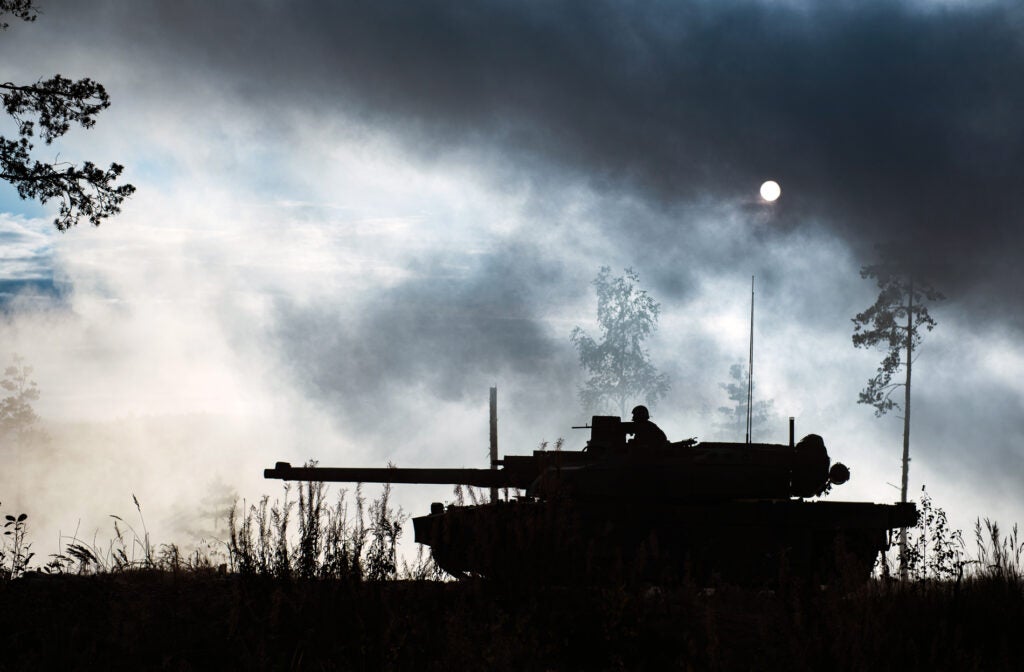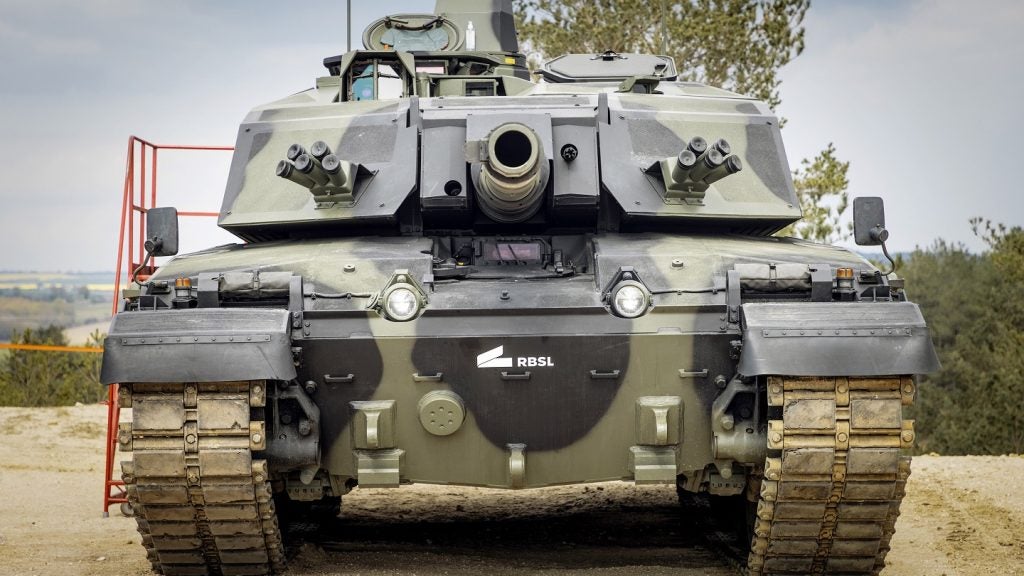Engineers at Princeton University, US, have developed a new laser-sensing technology that allows soldiers to detect hidden bombs from a distance.
Princeton mechanical and aerospace engineering professor Richard Miles said the new technique differs from previous remote laser-sensing methods.
“If there’s a bomb buried on the road ahead of you, you’d like to detect it by sampling the surrounding air, much like bomb-sniffing dogs can do, except from far away,” he added.
According to the latest technique, a new laser beam will be generated by oxygen atoms interacting with the molecules in the air before returning to identify any contaminants it encountered.
The researchers are trying to develop a smaller version of the device so that it can be mounted on a tank to scan a roadway for bombs.
See Also:
They are also developing other approaches to remote detection involving a combination of lasers and radar.
How well do you really know your competitors?
Access the most comprehensive Company Profiles on the market, powered by GlobalData. Save hours of research. Gain competitive edge.

Thank you!
Your download email will arrive shortly
Not ready to buy yet? Download a free sample
We are confident about the unique quality of our Company Profiles. However, we want you to make the most beneficial decision for your business, so we offer a free sample that you can download by submitting the below form
By GlobalDataThe new technique will also allow the scientists to better measure airborne environmental pollutants and greenhouse gases.







